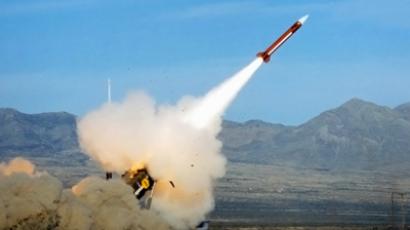Countdown to Senate vote on new START

The final vote on the nuclear arms reduction treaty between Moscow and Washington is expected in the US Senate on Wednesday. It brings to an end months of debate on Capitol Hill, where the deal faced strong opposition from Republicans.
The Chairman of the Senate Foreign Relations Committee John Kerry said that he is sure Democrats have the 67 votes of approval needed to get the treaty ratified.The opposition to the treaty has been huge. In Washington, a number of Republican senators were putting forward amendments after amendments that would kill the treaty and make the Obama administration go back to Russia and negotiate again. In the final days of debate on the Strategic Arms Reduction Treaty (START) they wanted to take out the line in the preamble of the deal which states the connection between offensive and defensive weapons.This provoked an avalanche of criticism from America’s top security experts who feared the treaty could become a victim of political games on Capitol Hill. However, military experts who testified before the Senate said the connection between offensive and defensive weapons is obvious.They also maintained that the START treaty explicitly says that either side can pull out of it if at some point it is deemed that the pact threatens national security. Quite honestly, most of the opposition to this relatively modest treaty has been political,” explained Joseph Cirincione, the president of the Ploughshares Fund. “Part of it is ideological. There’s about 12 to 20 Senators in the Senate that are just opposed to arms control treaties. But, they are the minority, they are losing.” Watch full interview with Joseph CirincioneIf ratified, the deal would see both states cut their nuclear arsenals by a third over the next ten years. The agreement will also limit the number of delivery vehicles and launchers. But even with those cuts both countries will still have more than 90 per cent of the world’s nuclear weapons. Many agree that the value of the arms reduction treaty is not just in the cuts, but also in the trust and cooperation between the two nuclear superpowers, which comes with the agreement.“It is very important for mutual stability and predictability in the development of our strategic nuclear forces,” said Viktor Mizin from the Institute for Strategic Assessments. “It all adds up to the creation of a more stable and reliable international ambience.”













